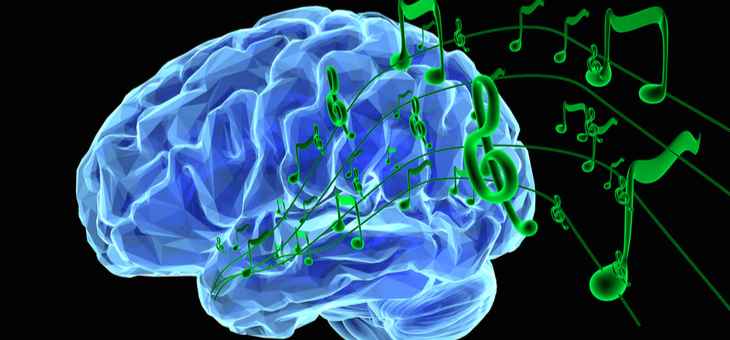I love music.
I have what I consider a pretty impressive collection of vinyl and CDs, a huge collection of MP3s and a monthly subscription to Apple Music.
Music has been a part of my life since childhood – sitting with my dad’s headphones on listening to Led Zeppelin, The Doors, Lynyrd Skynyrd and Pink Floyd, or going into the lounge and playing parent’s Doobie Brothers, Neil Young and Creedence Clearwater Revival records.
These influences played a big part in my own music choices in my teenage years and later. Tom Waits and The Dandy Warhols are on steady rotation on my speakers, as are some of those old favourites.
And, as big a fan and pseudo-critic I am of music, I’ve even tried contributing to the world’s platter, having played in a couple of bands in my youth.
Music may even help people with dementia and Alzheimer’s, according to a 2018 study that reveals music helps dementia patients recall memories and emotions when certain music is played.
And sometimes, when we hear our favourite song, we get chills.
According to French neuroscientists, about half of people get chills when listening to music.
They’ve monitored brain activity using an electroencephalogram (EEG) to find out what these ‘chills’ do to our brains.
It seems these chills are linked to multiple brain regions associated with reward and pleasure systems.
Thibault Chabin and colleagues at the Université de Bourgogne Franche-Comté in Besançon studied 18 French participants who experience chills when listening to their favourite musical pieces.
While the participants were listening to their favourite songs, their brains were EEG-scanned and they were asked when they experienced chills and to rate their degree of pleasure.
Their research was published in Frontiers in Neuroscience this week.
“Participants of our study were able to precisely indicate ‘chill-producing’ moments in the songs, but most musical chills occurred in many parts of the extracts and not only in the predicted moments,” says Mr Chabin.
The researchers watched for when participants experienced a chill and noticed specific electrical activity in the part of the brain responsible for emotional processing, as well as the region involved in movement control and the region of the brain involved in auditory processing and musical appreciation.
These regions triggered the brain’s reward systems and released the ‘feel-good’ hormone and neurotransmitter known as dopamine.
When combined with the feeling you get when your favourite part of your song is played, you get the ‘chills’, which the researchers say is a physiological response that could indicate greater cortical connectivity.
“The fact that we can measure this phenomenon with EEG brings opportunities for study in other contexts, in scenarios that are more natural and within groups,” says Mr Chabin.
“This represents a good perspective for musical emotion research.”
The experience of musical chills may also be associated with successful memory performance in the context of high rewards and musical appreciation, but researchers are yet to find any biological benefit for listening to music.
“What is most intriguing is that music seems to have no biological benefit to us. However, the implication of dopamine and of the reward system in processing of musical pleasure suggests an ancestral function for music,” says Mr Chabin.
There’s a theory that the anticipation of the ‘chill-inducing’ part of the music may be a sign of evolution, as, evolutionarily speaking, being able to predict what will happen next is essential for survival.
These studies have certainly piqued researchers’ interest.
“We want to measure how cerebral and physiological activities of multiple participants are coupled in natural, social musical settings,” says Mr Chabin.
“Musical pleasure is a very interesting phenomenon that deserves to be investigated further, in order to understand why music is rewarding and unlock why music is essential in human lives.”
What’s your favourite song? Does it give you chills?
If you enjoy our content, don’t keep it to yourself. Share our free eNews with your friends and encourage them to sign up.
Related articles:
https://www.yourlifechoices.com.au/music-restoreth-the-soul
https://www.yourlifechoices.com.au/technology/technology-news/can-music-be-used-to-heal
https://www.yourlifechoices.com.au/lifestyle/leisure/how-to-master-the-quiet-weekend

